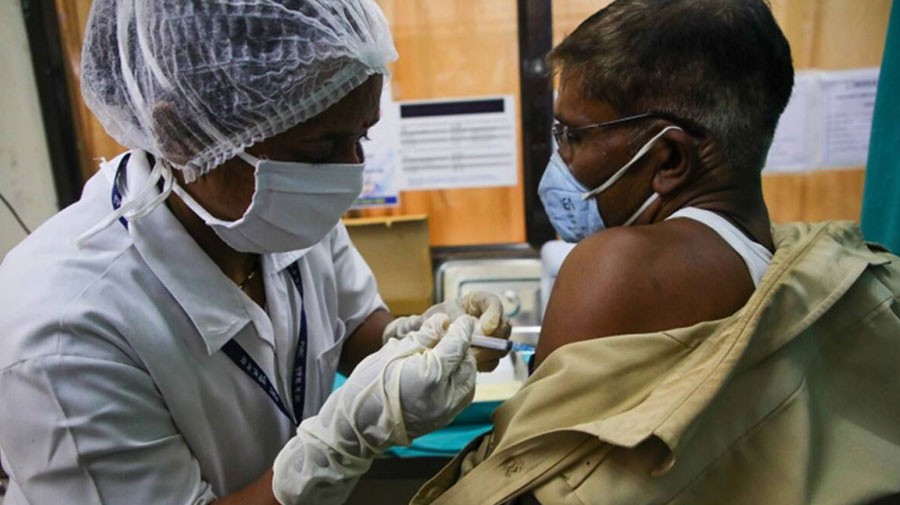In today’s world, the fundamental question of whether healthcare is a human right or a privilege continues to be a topic of intense debate. With healthcare costs skyrocketing and profit-driven motives taking precedence, examining the implications of rising greed within healthcare systems is crucial. With health being the most vital to human existence, people ought to look into health insurance to lower the costs and risk of being unable to afford coverage when needed.
But as of December 2019, NHIF’s membership coverage stood at 4,856,062 beneficiaries, equivalent to 9% of the total Tanzanian population. Thus leaving the majority of the country’s population at a huge risk. This article explores the delving perspectives surrounding healthcare as a human right versus a privilege.
The Rising Greed in Healthcare
In recent years, the healthcare landscape in Tanzania and Africa has witnessed a disturbing trend: the prioritization of profits over the well-being of individuals. Private healthcare providers and pharmaceutical companies, driven by financial interests, have fueled the rising costs of medical treatments, making essential healthcare inaccessible to many.
One perspective argues that healthcare should be treated as a privilege rather than a right. Proponents of this view contend that providing healthcare services requires substantial financial investments, and those who can afford it should bear the burden. They argue that market competition will naturally drive down costs and improve healthcare quality, ultimately benefiting society.
The Human Rights Perspective
However, contrasting viewpoints emphasize that healthcare is a fundamental human right, not contingent upon financial means. This perspective posits that access to adequate healthcare should be guaranteed to every individual, regardless of socioeconomic status. In this context, public healthcare systems ensure equal access to quality medical services, especially for marginalized communities.
Tanzania’s Healthcare Challenges
Looking specifically at Tanzania, a country grappling with many challenges, the need for this service as a human right becomes even more apparent. According to the World Health Organization (WHO), Tanzania currently spends less than 5% of its GDP on healthcare, falling short of the recommended 15%. This underinvestment leaves the system ill-equipped to provide essential services to its population of over 60 million.
Despite the existence of NHIF, many Tanzanians have still had to resort to out-of-pocket spending for services. High reliance on out-of-pocket payments can push households into poverty and indicate that the insurance system is not adequately benefitting the population.
From a financial perspective, the NHIF is by far the largest insurance scheme in Tanzania, with over 480,000 million TZS in annual revenue (NHIF, 2018). The scheme’s annual surplus has, however, decreased every year since 2014/2015, from 148,000 million down to 32,000 million TZS in 2017/2018 (NHIF, 2018).
Although this trend is not an immediate problem, it has already raised concerns about long‐term financial sustainability, especially since there are discussions about subsidizing insurance premiums or services for informal and rural populations (Lee et al., 2018b). If NHIF barely generates an annual surplus, the opportunity for cross‐subsidy will be lost. The ultimate aim to extend health insurance coverage to the Tanzanian population will become financially unfeasible.
Some argue that private investment can bridge this gap, bringing efficiency and innovation to the healthcare sector, but this only creates room for more inequality. While this approach may yield positive outcomes in some instances, it also risks exacerbating inequalities, as private providers tend to focus on profitable urban areas, neglecting rural and underserved regions. The consequence is a fragmented system, where the most vulnerable are left without access to critical services.
To counter the rising greed and support the universal health coverage efforts to ensure it becomes a recognized human right in Tanzania, several steps can be evaluated:
- Increasing Public Investment: Governments must allocate more of their budgets, aiming to meet the WHO’s recommendation of 15% of GDP. Adequate funding will enable the establishment of comprehensive public healthcare systems, ensuring access to quality services for all citizens.
- Strengthening Regulatory Frameworks: Robust regulatory frameworks are essential to curb unchecked greed in the industry. Stricter regulations can prevent exorbitant pricing and monopolistic practices, promoting fair competition and transparency.
- Promoting Public-Private Collaboration: Collaborations between public and private sectors can harness both strengths while safeguarding the public’s interest. Such partnerships should prioritize accessibility and affordability, focusing on underserved and marginalized communities.
The ongoing debate surrounding healthcare as a human right or a privilege remains complex. However, the rising greed within the systems calls for urgent action. We can build a more equitable and inclusive system by recognizing it as a fundamental human right and addressing the underlying causes of rising costs.
This demands increased public investment, more robust regulatory frameworks, and meaningful collaborations to ensure no one is denied their rights. Only by working together can we bridge the gap between privilege and right, ensuring a healthier and more just society for all.
Read the more insightful analysis here.

